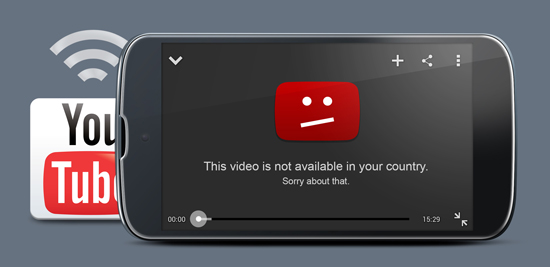Companies and organizations from Starbucks to the Federal Government are desperate for tech workers, so there is no reason not to recruit the best talent whatever it resides.
It was also encouraging to see that these concerns are ongoing at our country’s highest levels. On March 9, President Obama announced the TechHire Initiative before the National League of Cities. It’s a new program that includes a grass-roots campaign to achieve greater diversity in the tech world.
In his remarks to city leaders, the President stated, “When these jobs go unfilled, it’s a missed opportunity for the workers, but it’s also a missed opportunity for your city, your community, your county, your state, and our nation. And here’s something else: If we’re not producing enough tech workers, over time that’s going to threaten our leadership and global innovation, which is the bread and butter of the 21st century economy.” You can learn more here.
It was no coincidence that President Obama unveiled the campaign at the National League of Cities convention, which is made up of mayors and community leaders from around the U.S., as TechHire involves local communities, local leaders in a number of ways.
For example, on a training and teaching basis, it includes universities and community colleges but also nontraditional approaches like “coding bootcamps,” and online courses.
The President announced that 20 cities and regions across the country, from Louisville to Portland, will work together to recruit and place applicants in some the 120,000 vacant positions and to develop more fast track tech training opportunities.
In other words, it’s addressing the current employee shortage and the pipeline issue simultaneously – a great approach, in my opinion.
The President also announced $100 million in new Federal investments to train and connect more workers to good jobs in technology and other in-demand fields. The initiative will provide training and employment support to those in need including individuals with child care responsibilities, disabilities, limited English or disconnected youth.
Here are just a few examples of the initiative in action:
- In St. Louis, 150 employers will partner with local non-profit Launchcode, to train women and underrepresented minorities for tech jobs.
- In New York City, the Tech Talent Pipeline has announced new commitments to prepare college students in the City University of New York system for and connect them to paid internship opportunities at local tech companies.
- A $100 million competition has been launched to connect Americans with disabilities and disconnected youth to jobs in technology and other in-demand fields.
I know many of my readers are small business owners and managers. I think we can all agree that tech and innovation are major parts of any business proposition these days.
I’m excited about this new initiative because it addresses a real need for employers. It is inclusive and engages local communities, where real work and progress can be made—and tracked! People can get involved and learn more at #TechHire on social media and follow @WhiteHouseOSTP on Twitter.

